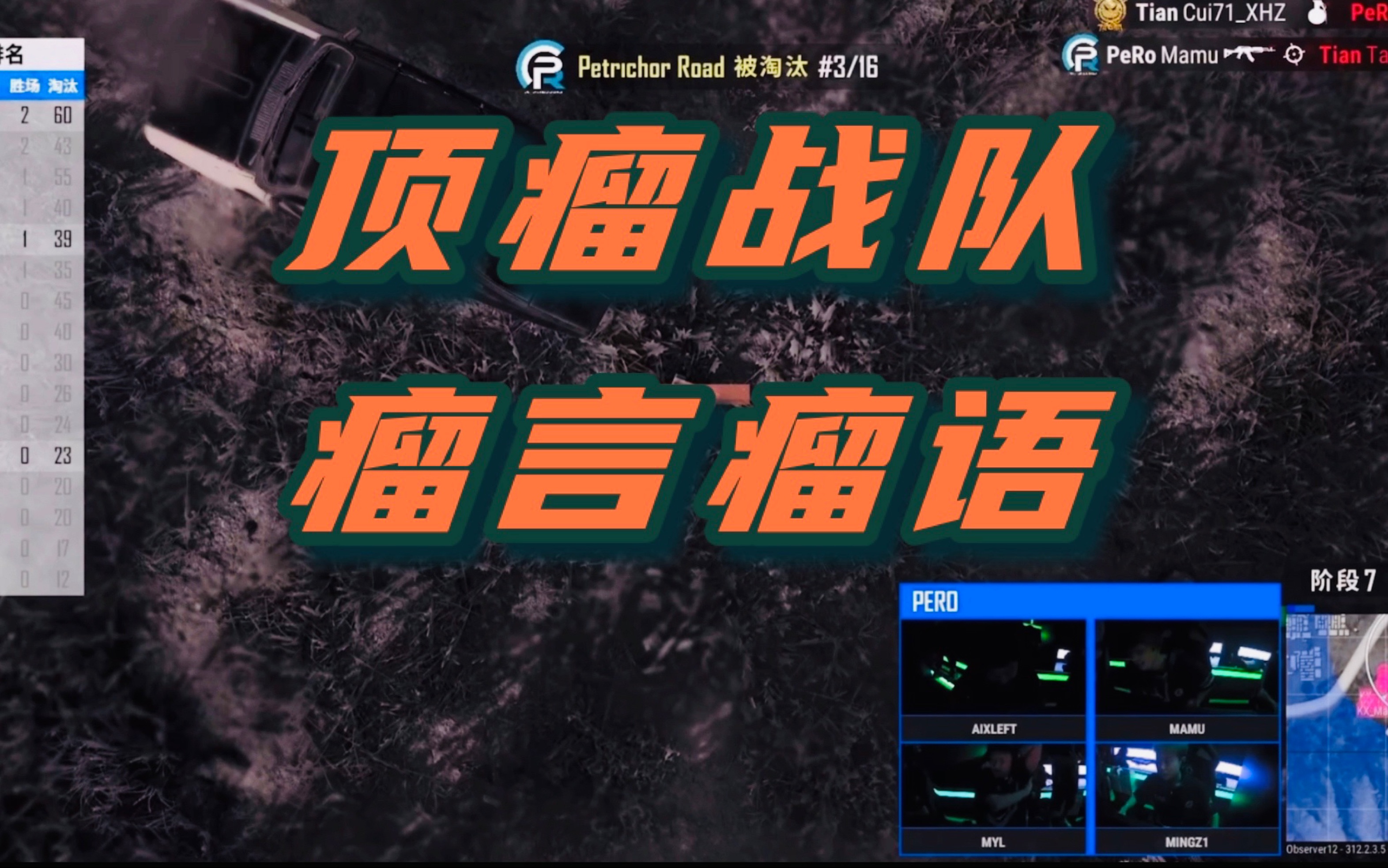
The concept of the score was to create the ambience and dynamic of a ‘final battle’. Still spending the majority of his time on the SoulCalibur franchise, the artist returned as the sound director and lead composer of SoulCalibur IV. While he largely maintained the emotional orchestral sound of the series, he integrated some unique elements to uniquely define each score – helming many of the flamenco experiments on the former and writing electro-orchestral fusions in a smaller role on the latter. Nakatsuru was asked to return as part of a four-composer team on Ace Combat Zero and Ace Combat 6. Nakatsuru further defied convention on Tekken 5 and Tekken: Dark Resurrection, offering contemporary twists on his symphonic stylings.
XEVIOUS RESURRECTION ONLINE SERIES
The artist further developed a jazz fusion style with guest contributions to the original album From Dusk Till Dawn and the rhythm series Taiko Drum Master, between writing the beautiful ending themes for Ridge Racers and Ridge Racer 6. By contrast, Nakatsuru experimented with jazz throughout the racing game Critical Velocity, offering everything from smooth jazz pieces to set the atmosphere, to hard-edged improvisations to capture the intense missions. The former was an entirely different spin on the fighting genre, with a modern setting and raw combat the collaborative score too largely shifted away from a symphonic emphasis in favour of hard rock and hip-hop stylings. While working on SoulCalibur III, Nakatsuru also reflected his versatility on two lesser-known projects, Urban Reign and Critical Velocity. Among his innovations were the use of surround sound to bring interactivity to the gameplay and recordings with session musicians to enhance the realism and drama of the music. On 2005’s SoulCalibur III, Nakatsuru offered an even more rich and diverse score. He simultaneously assisted the music production of Venus & Braves, adapting his signature sound for the role-playing genre. After struggling for several months to find his own sound on the project, he was eventually able to reflect his own musicality and poured much emotion into the score. Having shown himself to be one most adept orchestral composers at Namco, he was asked to contribute for Ace Combat 5 in 2003. Nakatsuru states that he was particularly influenced by Star Wars scores on the project, having long-been a fan of John Williams’ work. Feeling more experienced and technologically liberated, he offered more elaborate tracks than in the predecessor, including the fully-fledged orchestral anthem “Path of Destiny”. The score for 2002’s SoulCalibur II was even more fleshed out than its predecessor. Having proved himself with his debut effort, Nakatsuru was soon appointed sound director of the SoulCalibur series. The artist went on to adapt the soundtrack for Time Crisis 2’s console version, offering richer arrangements and implementation than the dated original. He also composed several thematic centrepieces on the soundtrack, including “Going to Where the Wind Blows”, for which Nakatsuru also offered a bonus piano arrangement on the well-received soundtrack release. He placed particular focus on the stage themes for the game, ensuring that the compositions matched the rhythm of the gameplay, the design of the stage, and the personality of the featured fighter. As part of the development team, Nakatsuru was able to consult the game’s planners, designers, and programmers early in the project to ensure he held a suitable creative vision for the game. He developed a cutting-edge orchestral sound throughout the soundtrack to suit the period setting and action-packed gameplay. Applying to become an in-house composer at Namco, he impressed the company with his demo tape and started work for them in 1998.ĭespite being a newcomer to the company, Junichi Nakatsuru was soon given much responsibility when he was asked to serve as the lead composer of the fighting title SoulCalibur. He found the process of composing DTM particularly creatively liberating and decided to pursue similar work after leaving university.

Going on to attend the prestigious Osaka University of Arts, he majored in art and also studied music theory, acoustics, and desktop music. Kobayashi went on to develop these talents to adapt his favourite songs for his high school’s brass band, where he played the trombone. While his parents provided him with piano lessons, he always preferred playing his own arrangements of popular music over practising the expected classical repertoire.

Born on June 6 in Fukouka, Nakatsuru enjoyed listening to the radio and playing around with instruments during his youth. Junichi Nakatsuru is a sound director at Namco Bandai Studios, best known for leading the soundtracks of the SoulCalibur series.


 0 kommentar(er)
0 kommentar(er)
